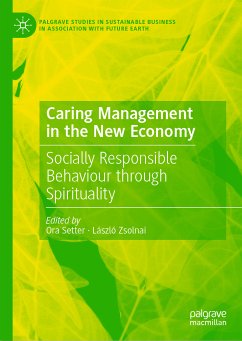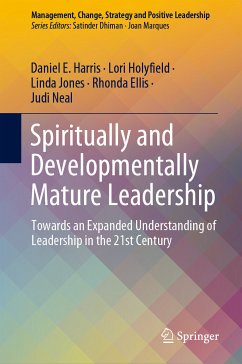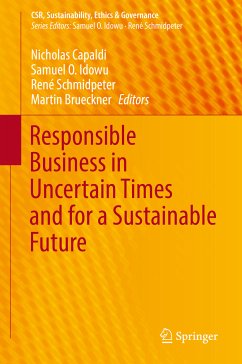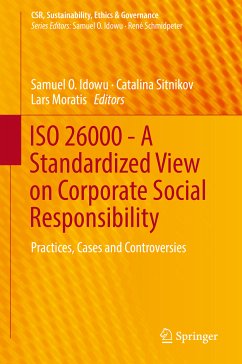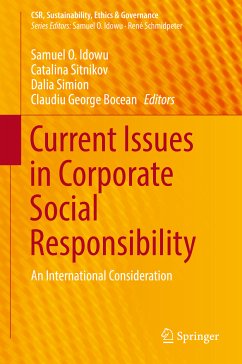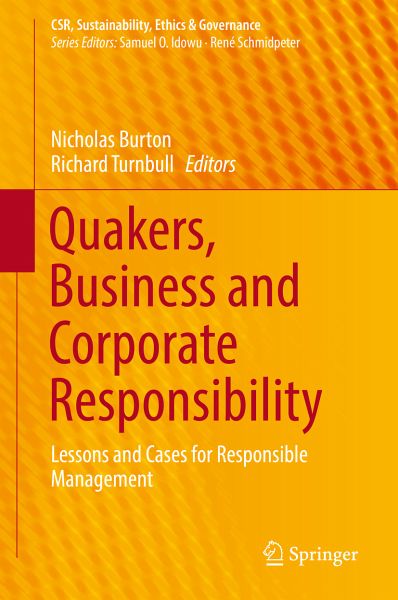
Quakers, Business and Corporate Responsibility (eBook, PDF)
Lessons and Cases for Responsible Management
Redaktion: Burton, Nicholas; Turnbull, Richard
Versandkostenfrei!
Sofort per Download lieferbar
72,95 €
inkl. MwSt.
Weitere Ausgaben:

PAYBACK Punkte
36 °P sammeln!
Offers a historical perspective on Quaker businesses for contemporary responsible business debates
Provides a unique account of how spiritual concerns influence leadership and management
Includes cases and best practices from the banking and finance, transport and consumer-goods industries
Dieser Download kann aus rechtlichen Gründen nur mit Rechnungsadresse in A, B, BG, CY, CZ, D, DK, EW, E, FIN, F, GR, HR, H, IRL, I, LT, L, LR, M, NL, PL, P, R, S, SLO, SK ausgeliefert werden.
Alle Preise in Euro und inkl. der gesetzl. MwSt. | Innerhalb Deutschlands liefern wir preisgebundene Bücher versandkostenfrei. Weitere Informationen: bitte hier klicken
Support
Bitte wähle dein Anliegen aus:
Rechnungen
Bestellstatus
Retourenschein
Storno




